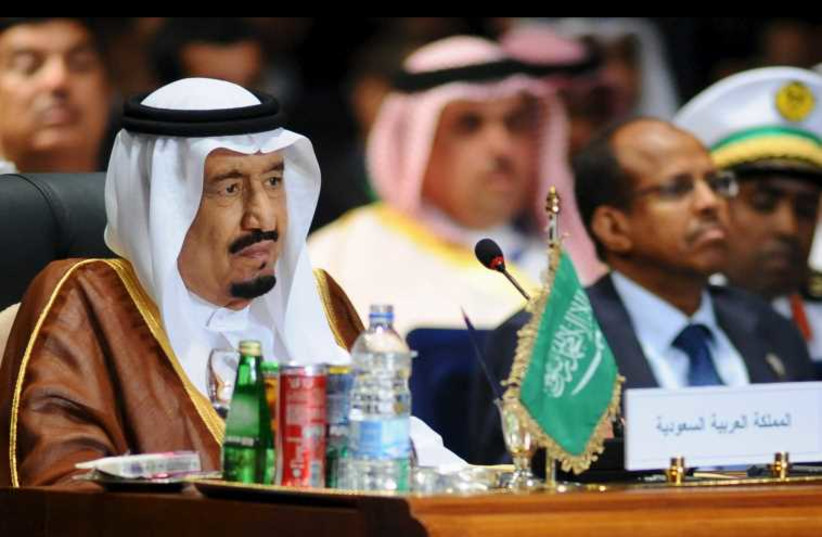Saudi Arabia's foreign minister said on Tuesday the kingdom could recognize Israel if a comprehensive agreement were reached that included statehood for the Palestinians.
"We agree that regional peace includes peace for Israel, but that could only happen through peace for the Palestinians through a Palestinian state," Prince Faisal bin Farhan told a panel at the World Economic Forum in Davos.
Asked if Saudi Arabia would then recognize Israel as part of a wider political agreement, he said: "Certainly."
Saudi Arabia is interested in securing Israeli-Palestinian peace
Prince Faisal said securing regional peace through the creation of a Palestinian state was "something we have been indeed working on with the US administration, and it is more relevant in the context of Gaza."
After the eruption of war last October between Israel and the terrorist group Hamas that rules Gaza, Saudi Arabia put on ice US-backed plans for the kingdom to normalize ties with Israel, two sources familiar with Riyadh's thinking said, in a swift reordering of its diplomatic priorities.

The two sources told Reuters there would be some delay in the US-backed talks on the normalization of Saudi-Israel ties, which is seen as a key step for the kingdom to secure what it considers the real prize of a US defense pact in exchange.
Before Oct. 7, when Iran-backed Hamas fighters launched an attack on southern Israel, both Israeli and Saudi leaders had signaled they were moving steadily towards establishing diplomatic relations that could have reshaped the Middle East.
